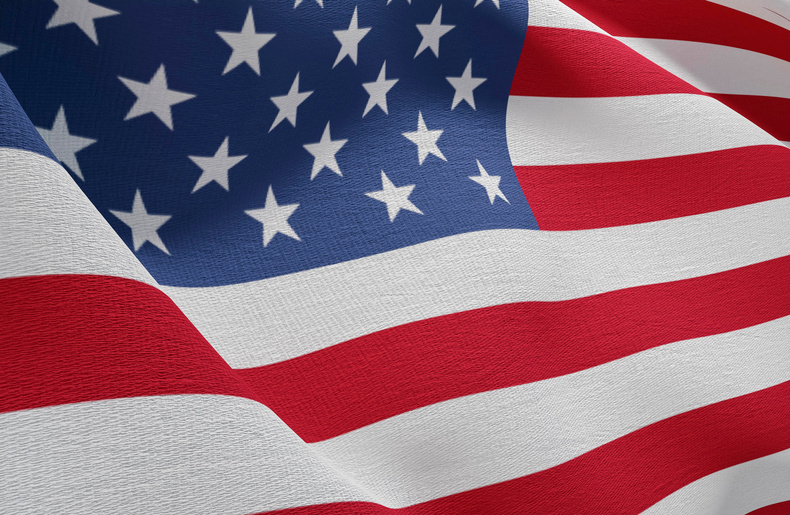UK government must make US trade talks a priority for 2025 – transatlantic experts

Donald Trump’s resounding victory in the US election should prompt the UK government to resume trade negotiations, transatlantic business leaders have said.
According to trade body BritishAmerican Business, the clean sweep of the presidency, the Senate and the House by the Republican party should prompt the UK government to propose re-opening trade negotiations and dust off the work that was done in 2020 before it was interrupted by the election.
Duncan Edwards, CEO of BAB, part of the British-American Business Network, said: “At BAB we have been an ardent and instinctive supporter of free trade, but we must acknowledge that the mandate given to the Republicans is unambiguous.
“The UK, with a broadly neutral trade balance with the USA, no significant wage differential (although the gap is widening) low tariff barriers and no history of systemic government subsidy for export industries, is not really the central target compared to China and other countries in south and east Asia (and the EU), but there is real risk that it gets included in a general policy unless it is specifically exempted by a negotiated agreement.
“Our view is that just such an agreement is possible and should be a central objective for the UK government during 2025.
“The core of the agreement could be based on a conventional trade treaty, removing or lowering tariffs and increasing market access, but should also look to include provisions to ensure open and unfettered trade in services and the digital economy which is where the UK increasingly excels.
“There are also concepts to be found in The Atlantic Declaration of 2023, largely focused on future facing industries like space, AI, technology, defence and low carbon energy that could be included to cement the transatlantic approach to how these industries will be regulated.”
However, Mr Edwards admits there are a number of political challenges for the UK government in seeking a trade agreement with the US.
He added: “It is hard to imagine, for example, the US accepting an agreement which doesn’t include increased market access for agricultural products for example; just take a look at the Congressional House map to see where Republican representatives are from to understand the importance of farming.
“There is likely also to be pressure from the US for the UK to take a more hawkish approach to Chinese imports, to re-think the Carbon Border Adjustment Mechanism (CBAM) and to accelerate the promised increase in defense spending as an example to other Nato members.
“How all of this will sit with the UK government is hard to unpick. On the one hand, the language has been about a partnership with business, encouraging inward investment and striving to achieve the fastest growth rates in the G7 which is all very positive.
“And yet, the recent budget, which increased taxes on jobs, will make operating in the UK more expensive and runs the risk of disincentivising investment.
“Our own view at BAB is that the UK will continue to be an important place to do business for US investors, but there will be an increased wariness about the direction of travel.
“And for UK companies, the incentives to increase their investment in US based operations will be persuasive.”



